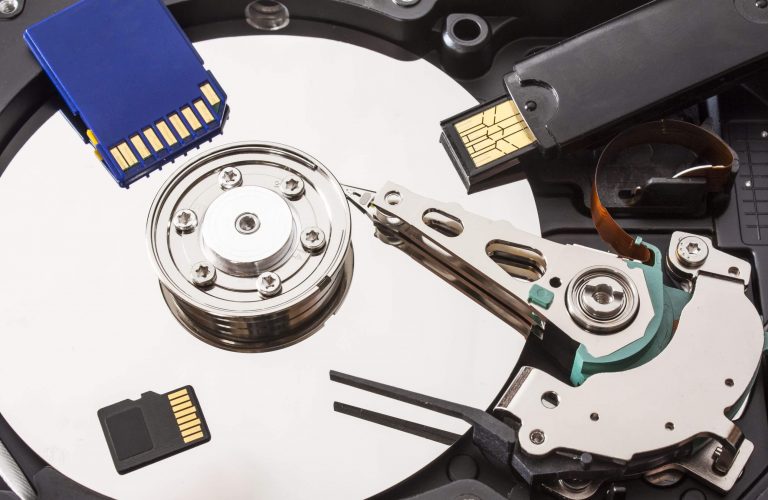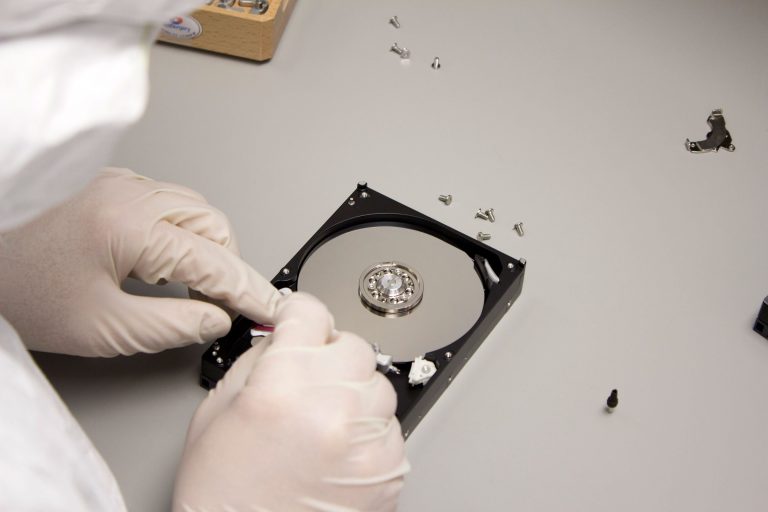Top 5 Books About COMPUTER FORENSICS
Computer forensics is a collection of techniques used to extract evidence from digital devices. Such devices include computers, mobile devices, and both digital and hard-copy media. The two main branches of computer forensics are information gathering and analysis.

Here are the Top 5 Books About COMPUTER FORENSICS
1. Digital Forensics .
“Digital Forensics is a guide to the field of Data Breach Investigation digital forensics and its use in today’s technical environment. Digital forensics examines digital devices for evidence that may or may not have been intentionally known about. The purpose of this book is to provide a solid technical foundation for information security professionals as they navigate through this increasingly important new area. The book is based on the Certified Digital Forensics Examiner (CDFE) program and will be a reference for pre-forensics investigators looking at collecting evidence and conducting investigations before scene processing even occurs. The book is for those who are in the field and must investigate digital evidence after a breach has occurred. The CDFE program provides the most current information on digital forensics for investigators as well as the technical foundation necessary to conduct investigations.”
2. Computer Forensics: Computer Crime Scene Investigation , 3rd Edition
“Computer forensics is a growing field that addresses the recovery and legal use of critical digital evidence from computers, storage media devices and other systems. The third edition of this landmark volume retains the book’s premier position on the topic with its detailed analysis of computer crime scene investigation methods and techniques. It surveys evidence preservation, complete with the latest software techniques for data collection, data imaging, and digital forensics validation. “
3. Computer Forensics: Principles and Practices
“Computer Forensics: Principles and Practices, 4th Edition is a comprehensive guide to computer forensics. It covers the basic principles that underpin the discipline of digital forensics, as well as addressing its practical aspects. The book also touches upon issues affecting digital evidence in both civil litigation and criminal prosecution. The fourth edition also introduces new sections on emerging technologies such as blockchain and Internet of Things (IoT).
4. Computer Forensics: Your Guide to the Digital Forensic Process
“This book presents a practical guide to computer forensics, written by a seasoned investigator and author of numerous textbooks in the field. It explains where digital evidence is located before discussing techniques and tools used in recovering it. It also addresses the legal issues that arise during this process. Readers will learn how to prepare evidence for court and how to use it when it is presented.”
5. Computer Forensics: The Definitive Guide to Enabling Digital Forensic Intelligence from Data
“Computer Forensics: The Definitive Guide to Enabling Digital Forensic Intelligence from Data focuses on the techniques and tools that organizations can use to glean intelligence from their data, as well as establish how to leverage various tools and technologies in their forensic arsenal. IT professionals, computer forensic specialists, and business analyst who are tasked with investigating a breach of security or an intrusion will find this book helpful.


